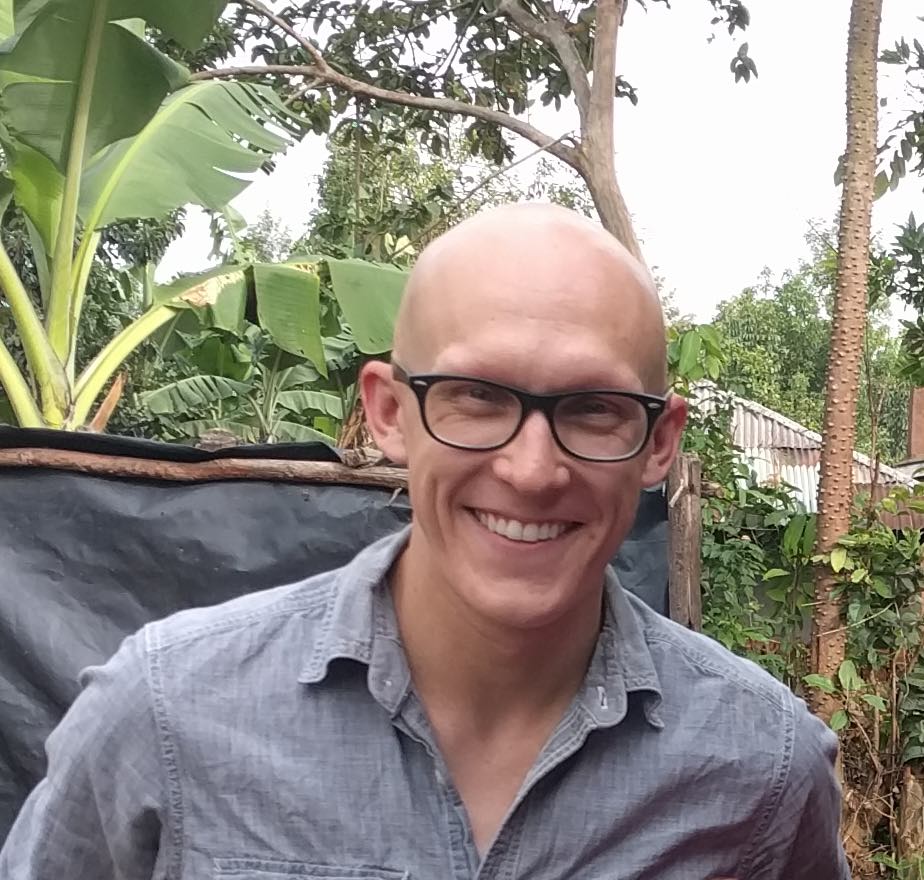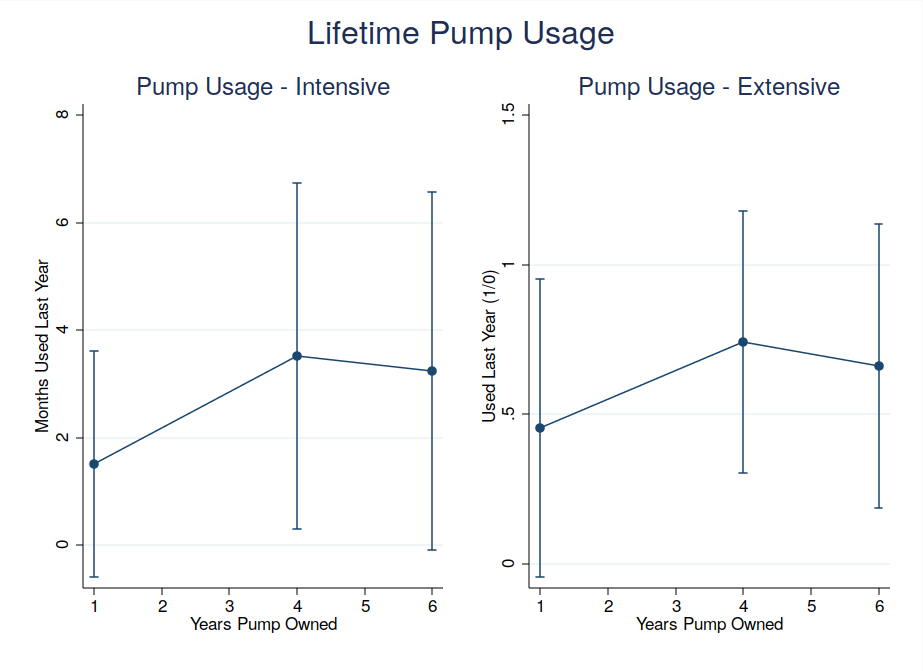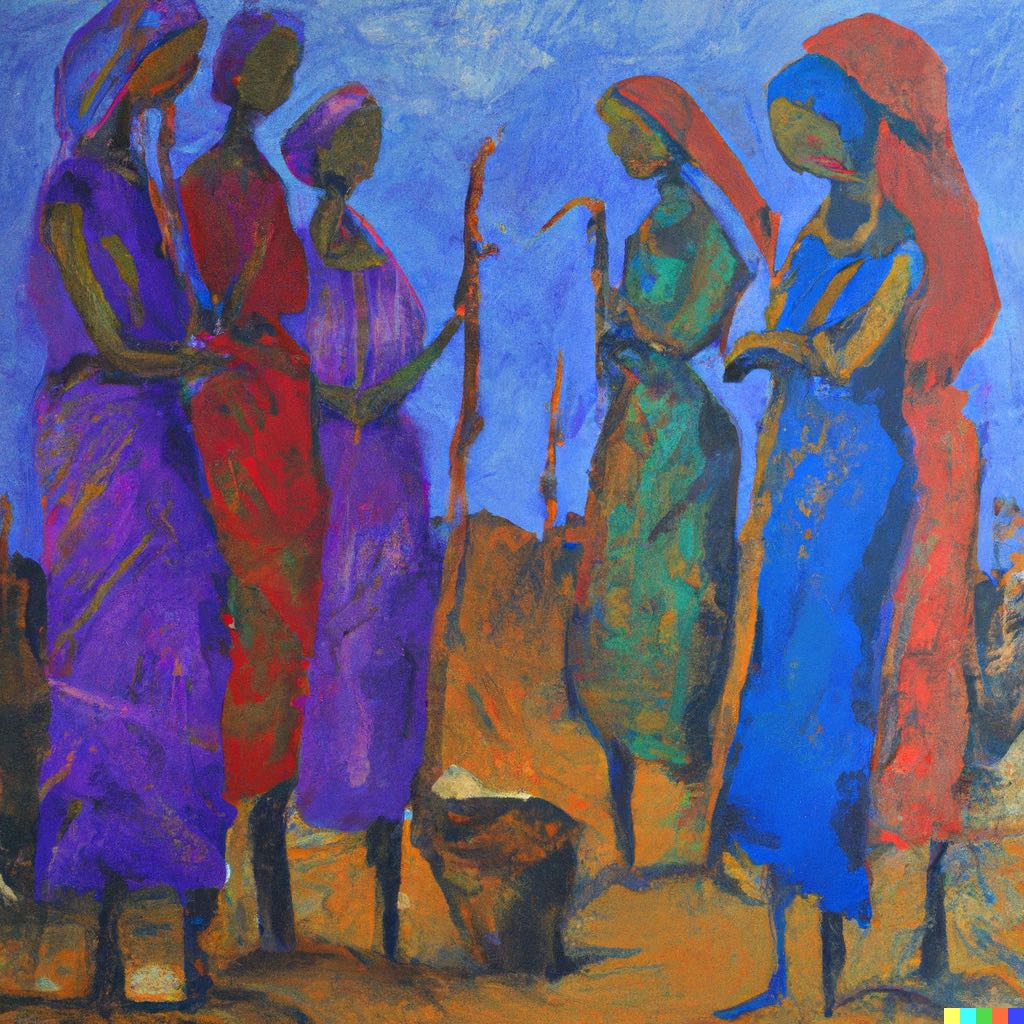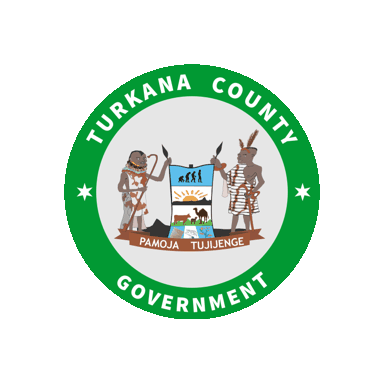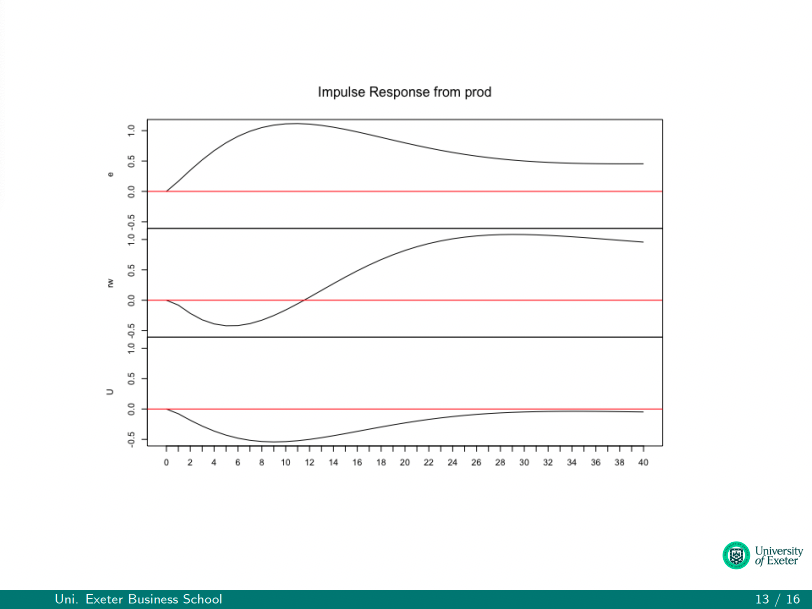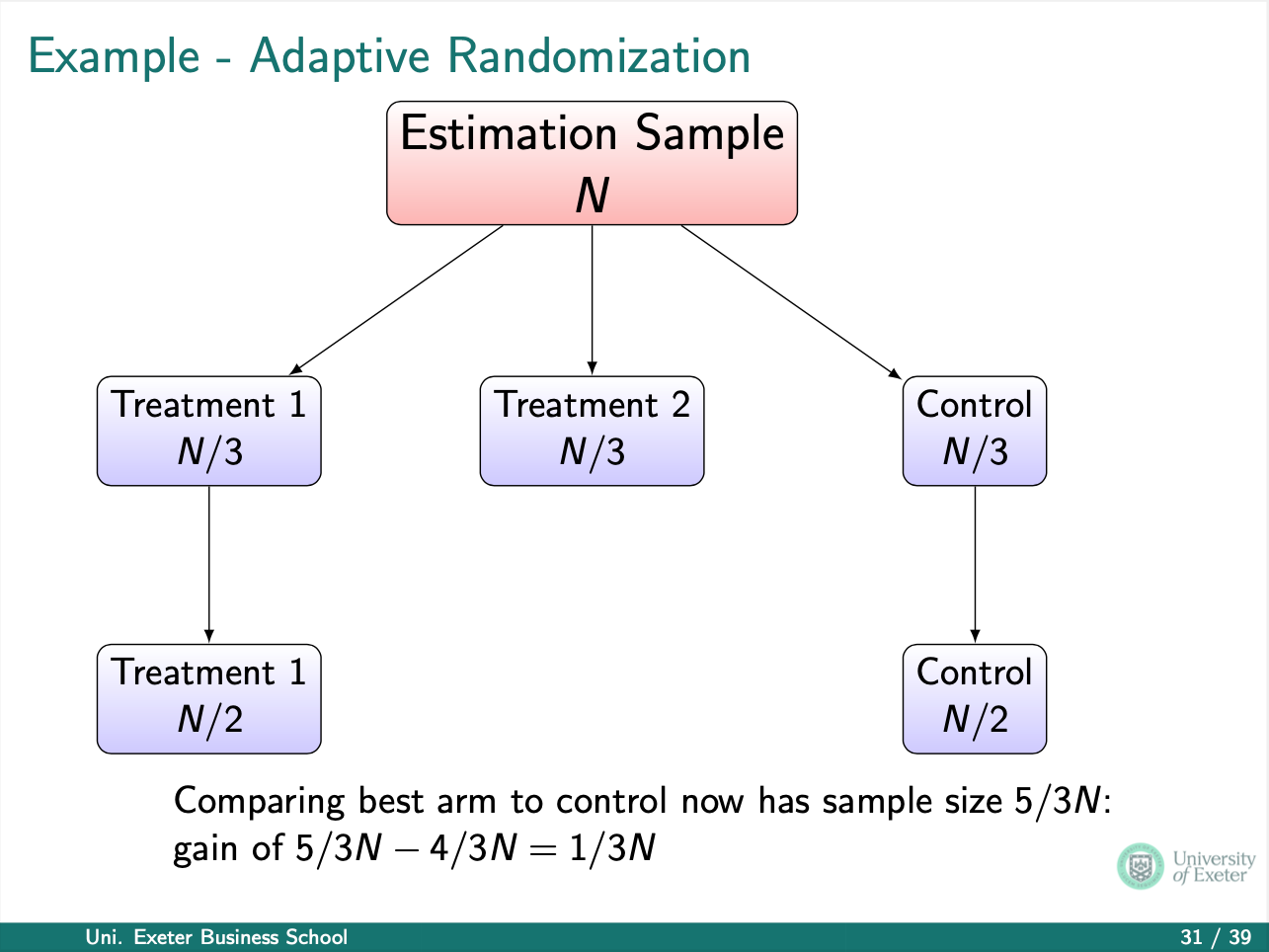
Publications
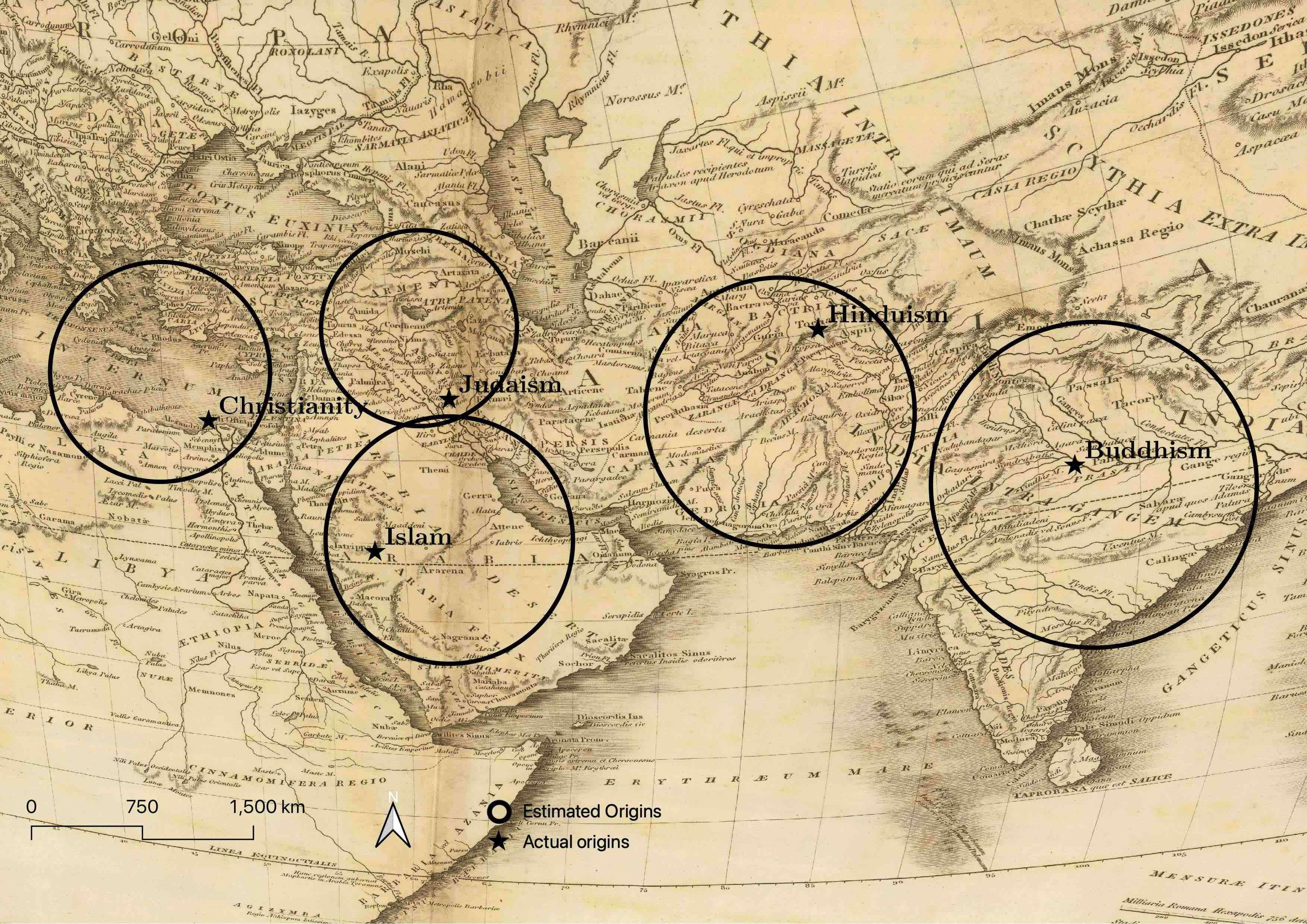
Reconstructing History: Words as Historical Artifacts (with Arthur Blouin)
Journal of Economic History, 2025 (Lead Article)
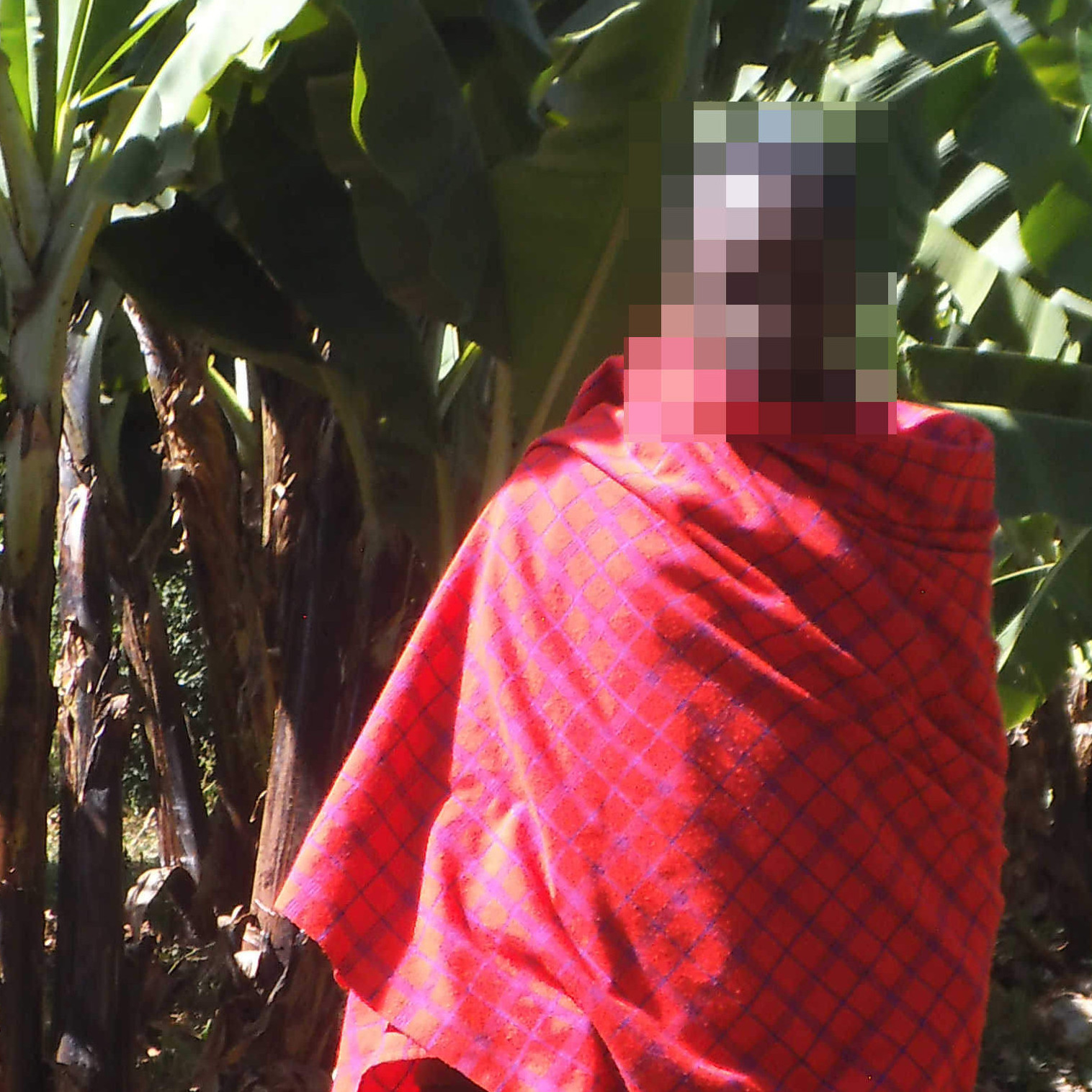
The Fruits (and Vegetables) of Crime: Protection from Theft and Agricultural Development
Journal of Development Economics, 2023
Draft ,
Open Access Published Version
Blog Posts: World Bank Development Impact Blog ,
GlobalDev Blog
Pre-Analysis Plan
Working Papers
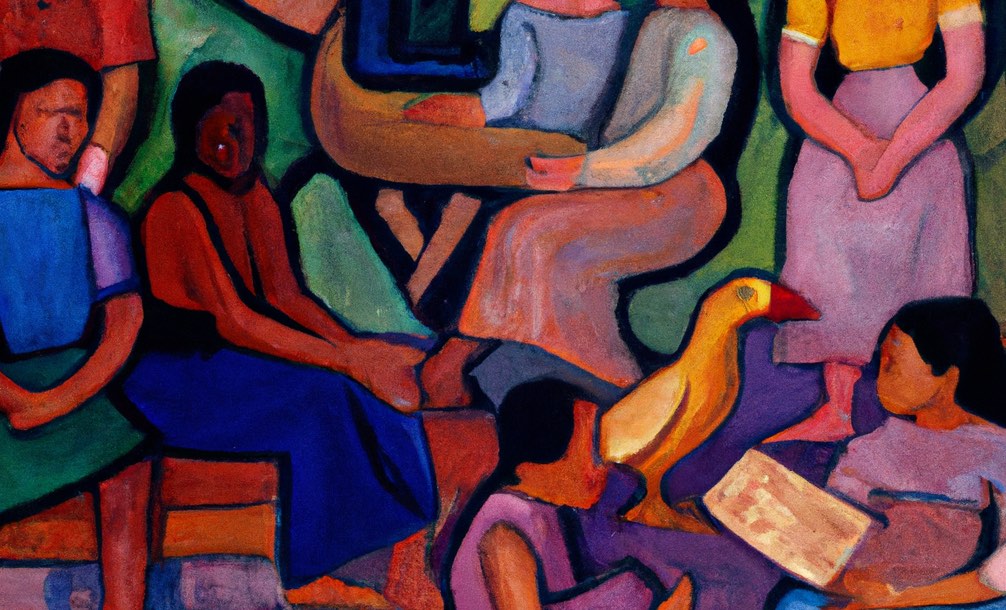
How Cultures Converge: An Empirical Investigation of Trade and Linguistic Exchange (with Arthur Blouin)
